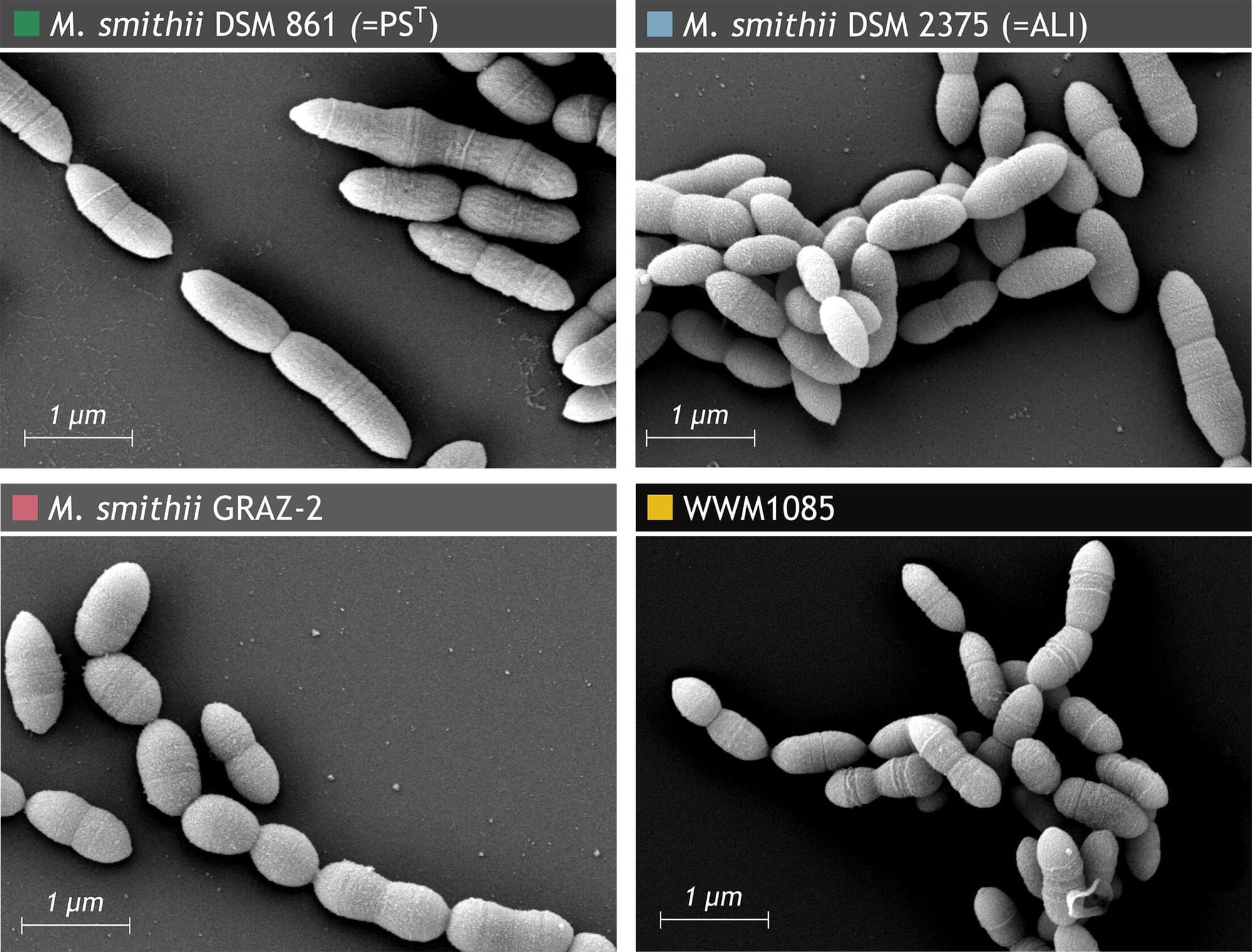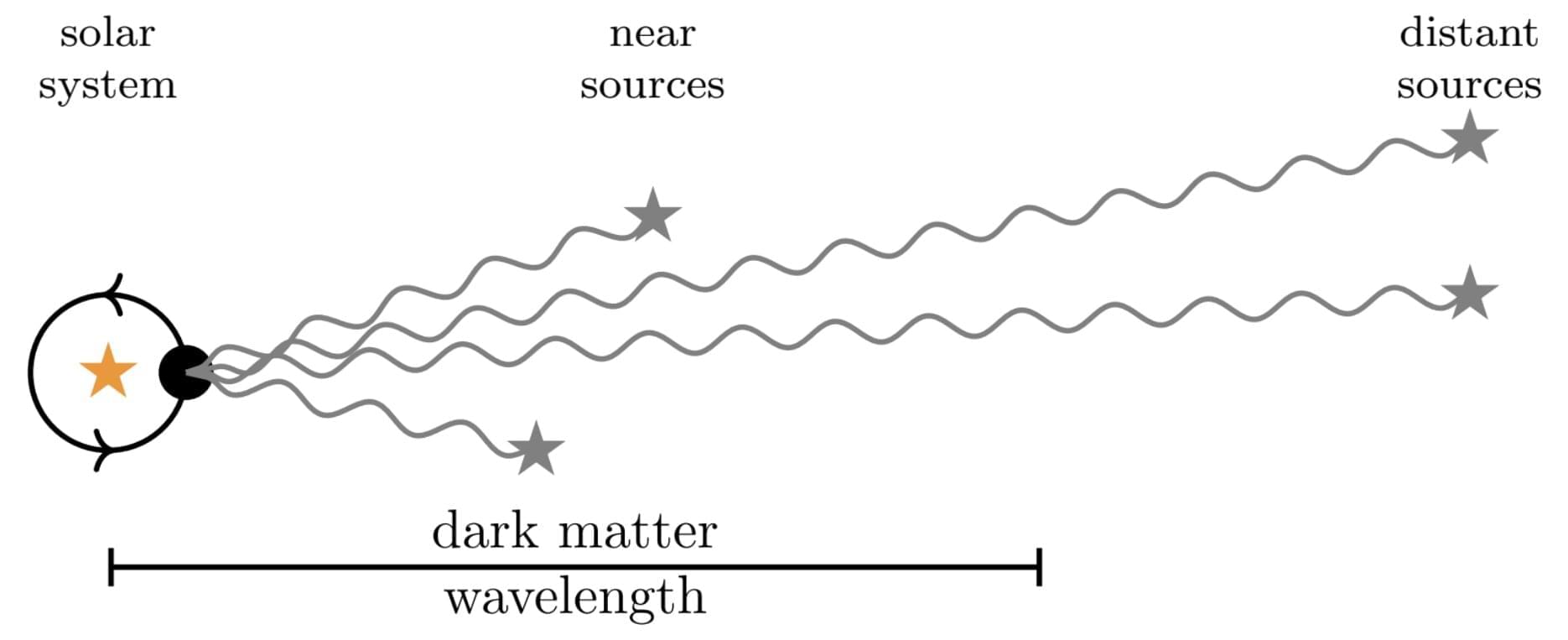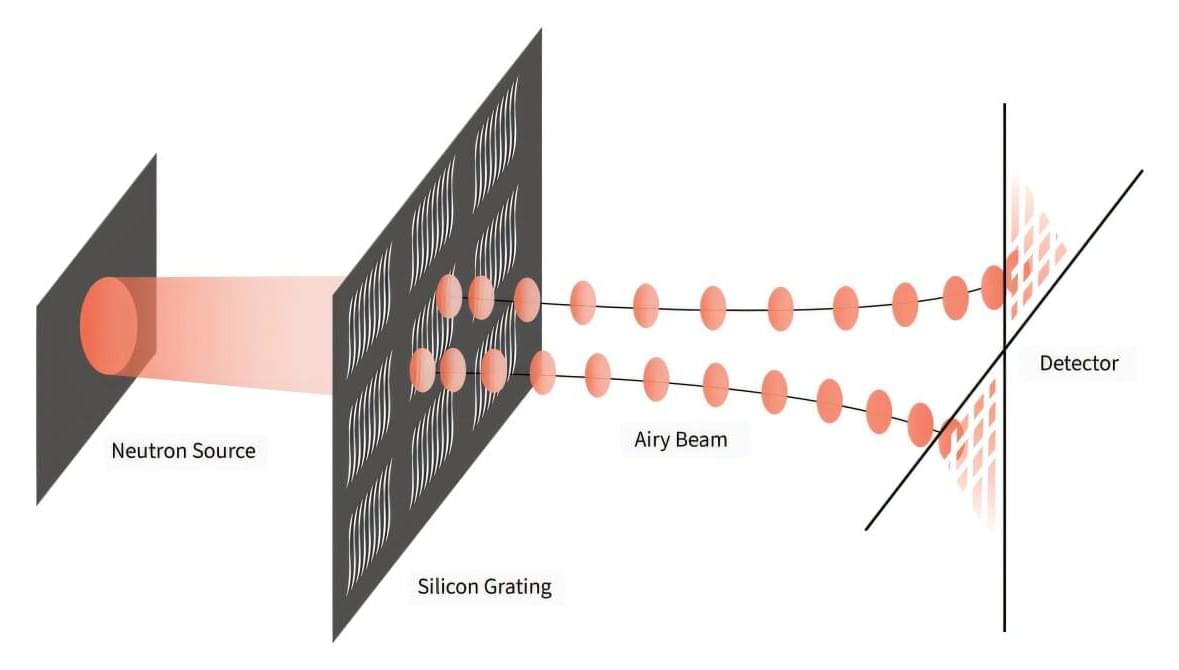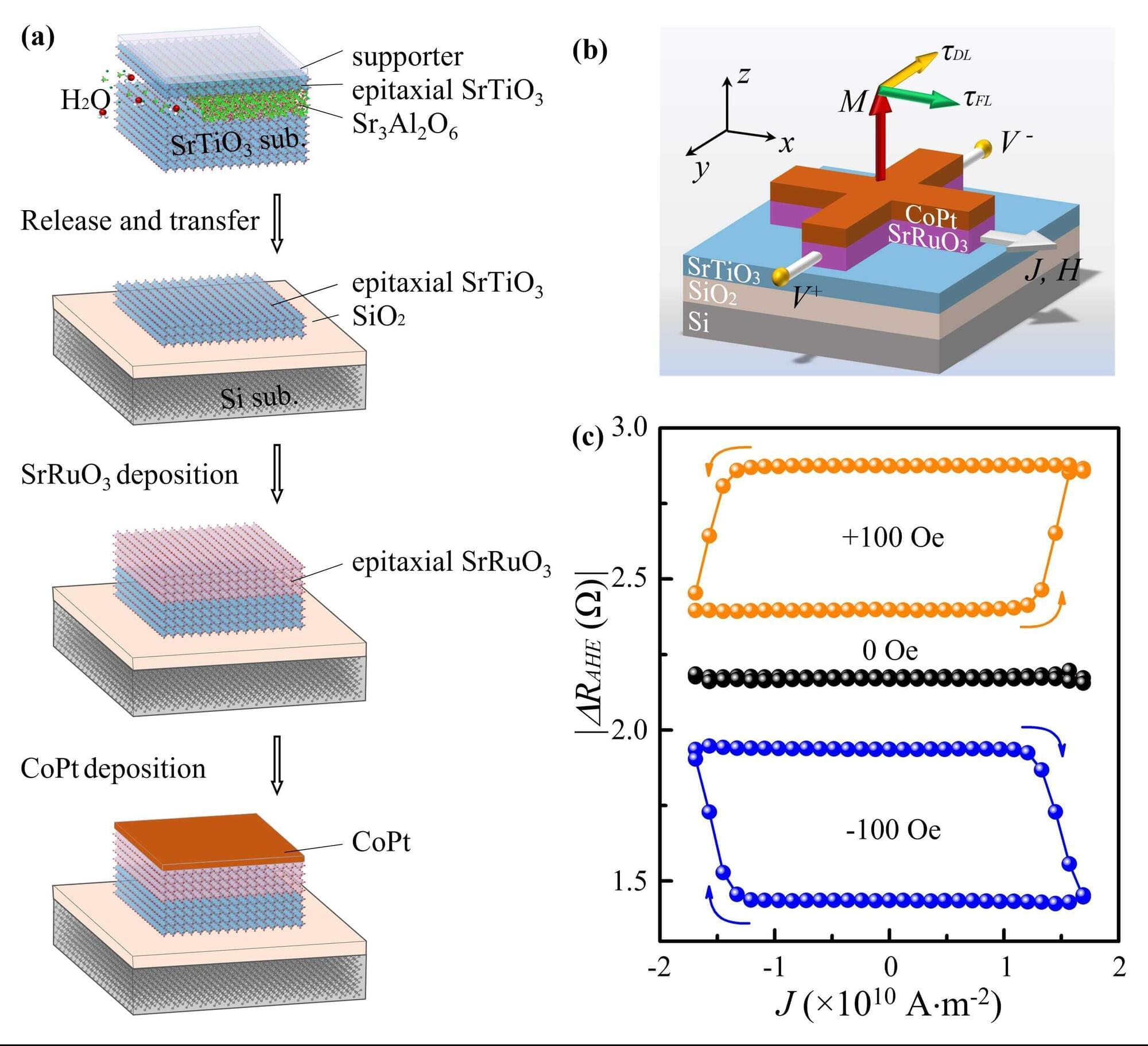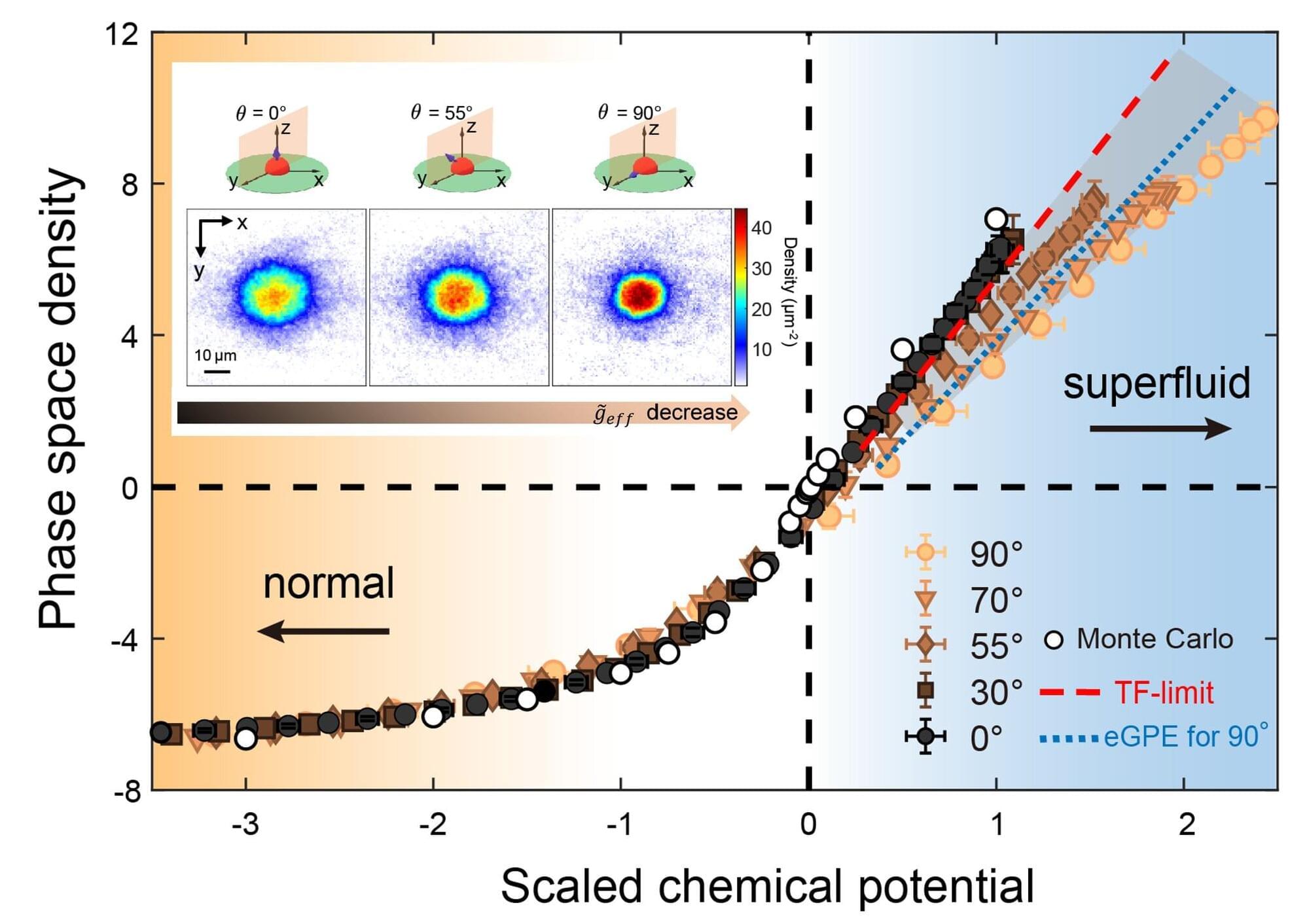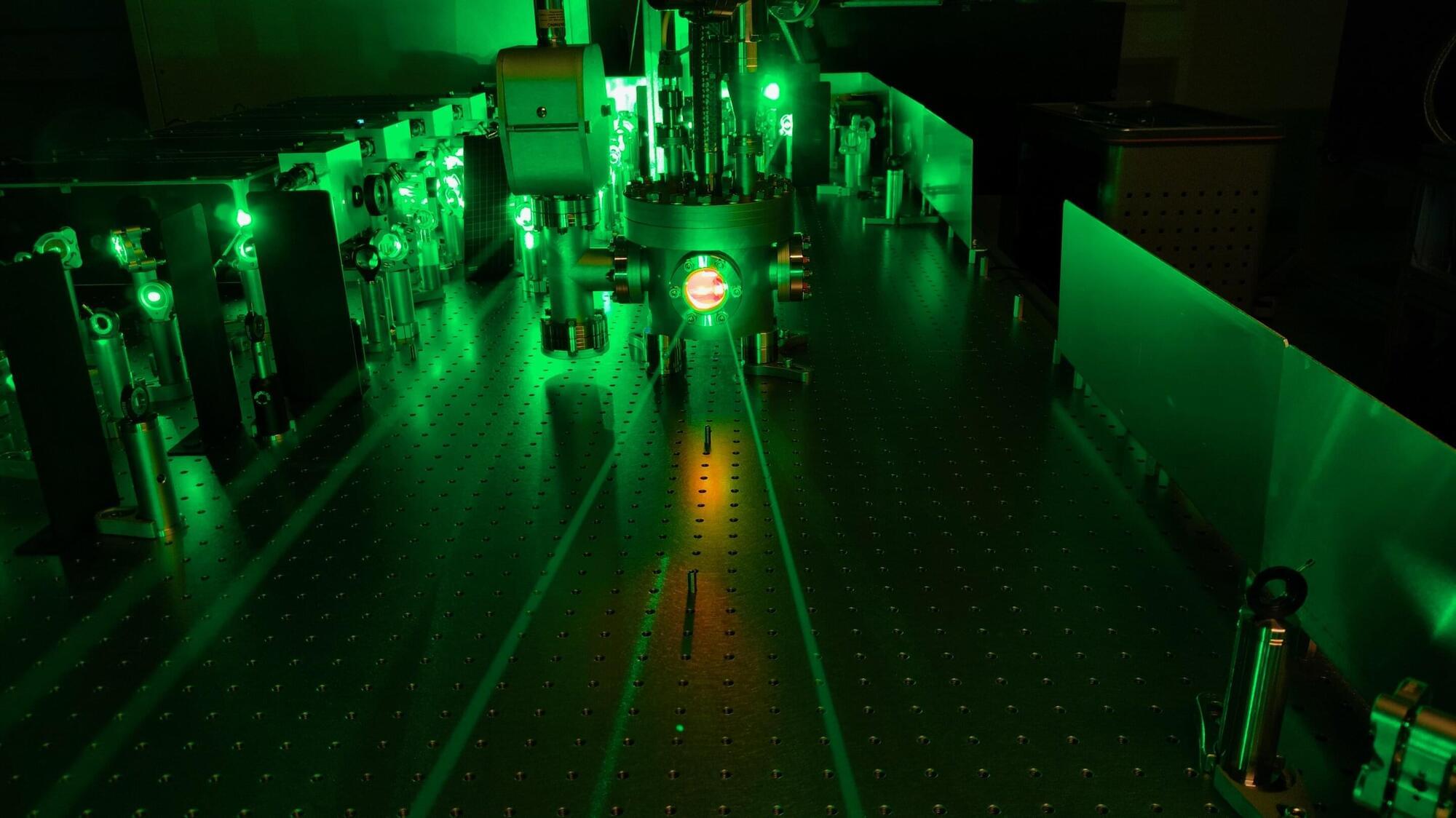An international team of microbiologists from the Medical University of Graz, the DSMZ—German Collection of Microorganisms and Cell Cultures (Braunschweig, Germany)—and the University of Illinois (U.S.) has identified and described a previously unknown species of methane-producing archaea in the human gut: Methanobrevibacter intestini sp. nov. (strain WWM1085).
In addition, a new variant of the species Methanobrevibacter smithii, which is referred to as GRAZ-2, was isolated. The scientists have thus taken another important step toward understanding the interaction between humans and the microbiome. The study is published in the International Journal of Systematic and Evolutionary Microbiology.
